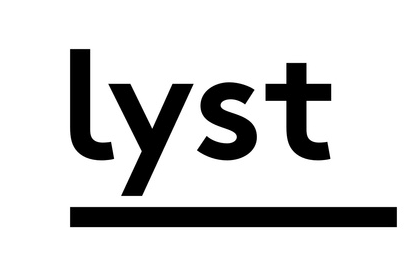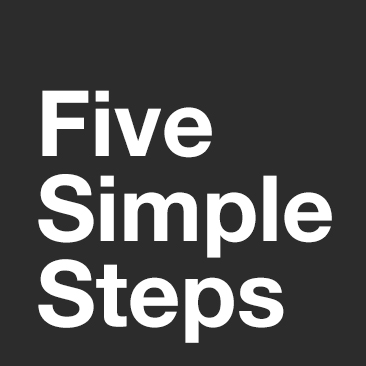Sessions
JavaScript that doesn’t hurt your feelings
JavaScript just had its 20th birthday this year and it has come a long way. But many fail to recognise this and still code like it’s 1999. This talk will take you through my favourite features of recent JavaScript editions, shows you how to use them in your project today and will give you an outlook of even better things to come.
SVG in motion
Scalable Vector Graphics (SVG) are taking over a lot of our design tools by offering us more flexibility over those tools. In this talk, we will cover everything we need to know before attempting to animate SVGs, including animation gotchas, how-tos and pre-animation requisites such as optimization and embedding, among others, and how each of those affects the animation process.
Operations: a developer's guide
An introduction to the web ops skills that will help you be a better developer. What you need to know about virtualisation, containerisation and wrangling servers, and some tools we use that might make development easier. I spent two years on the infrastructure team so you don't have to!
The Web Audio Phenomenon that Shall Not Be Named
Natural languages have many nooks and crannies, but there's a particular rabbit hole that will obsess you from the start. In this talk, you'll learn about the oddest psychological phenomenon ever to be thrown at getUserMedia and the odd parallels between learning human, natural languages and learning programming languages.
How to win at mobile accessibility
The mobile web-vs-native debate rages on–who's winning? How can we create mobile experiences that are accessible and reliable to people with disabilities? In this talk, we'll dive head-first into the mobile debate and reemerge informed on how we can use our skills as web developers to create brilliant mobile apps.
You should use <insert library/framework>, it's the bestestest!
Code Calligrams
Programming is art: It is like painting, but instead of drawing on a canvas we populate computer screens with colours. And rather than using brushes, we combine bits and bytes to trace an ever-changing flow of images.
In this talk, you'll be introduced to the art of "Creative Coding" and how to generate beautiful new worlds, using nothing else than the languages of the Web.
A Talk about Everything
Software influences the lives of billions of humans every day. As people working on it, we face a broad variety of challenges – and we have a responsibility towards each of these humans. Let's take a look at the status of software development today, and see what each of us can do to act according to this responsibility.










